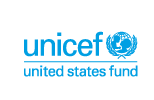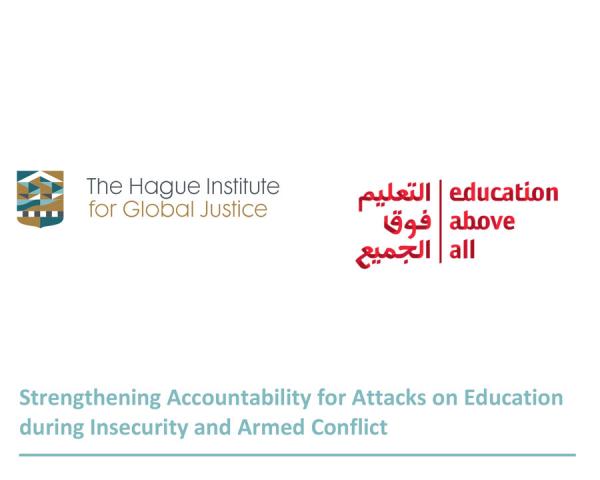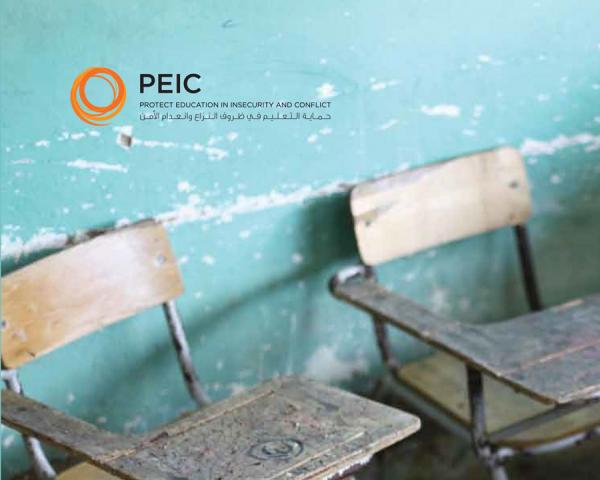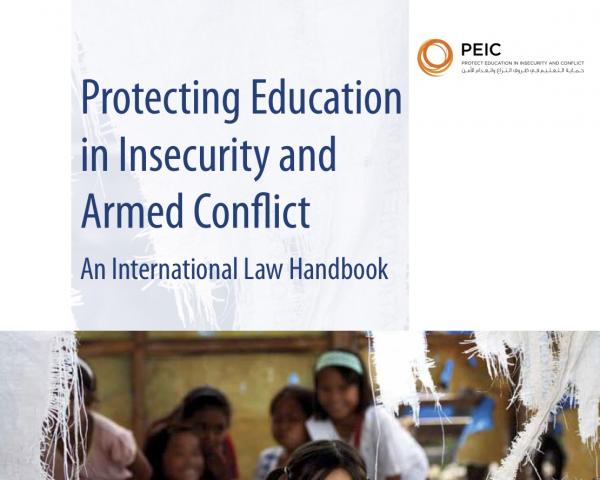Equitable Access to Education for Out of School Children Affected by the Crisis in Syria
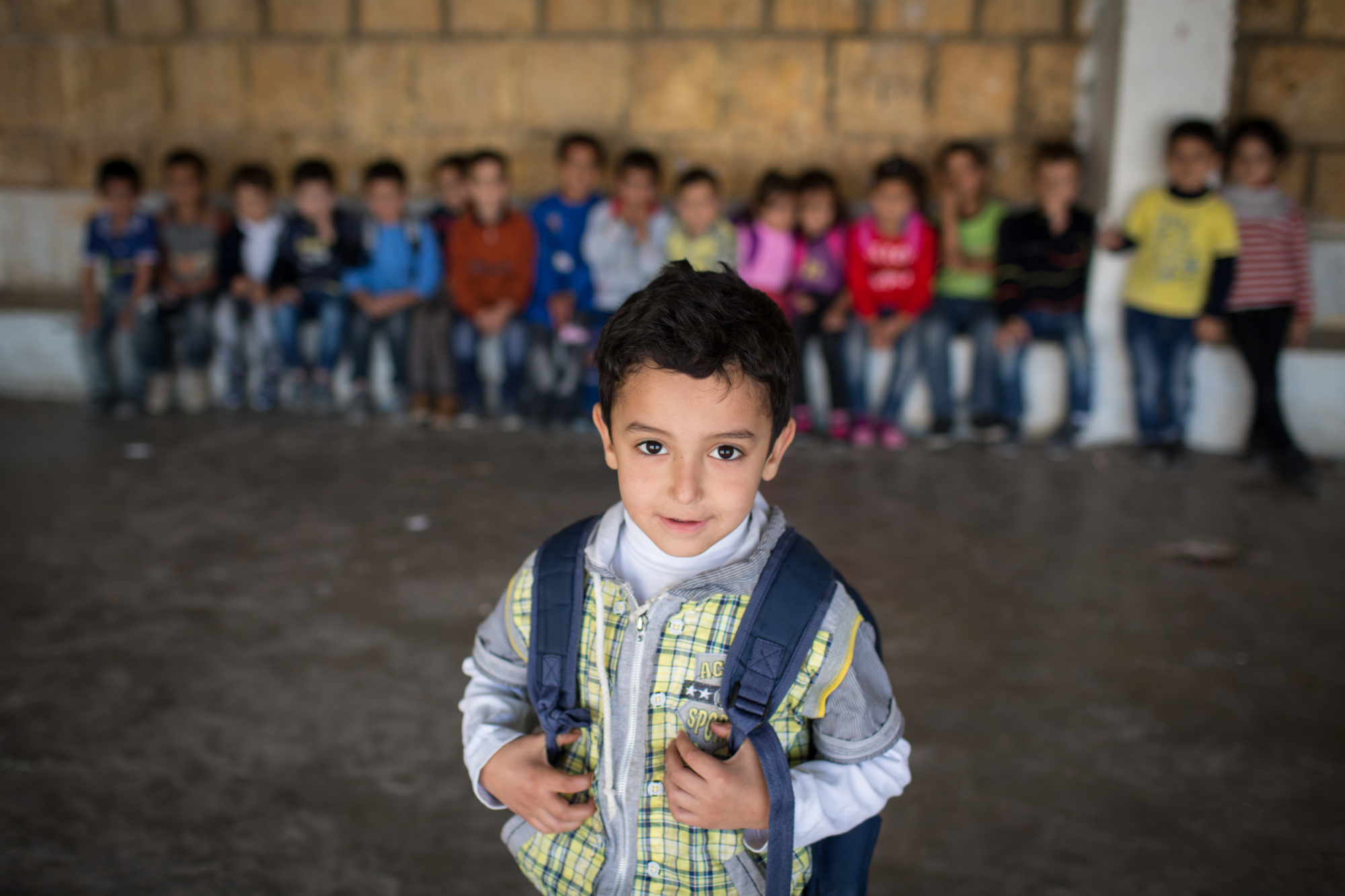
EAC and UNICEF’s Equitable Access to Education for OOSC Affected by the Crisis in Syria project aims to increase access to education for vulnerable and displaced OOSC, especially those living in hard-to-reach areas of Syria, as well as Syrian refugee and host community children that have limited access to formal education. Objectives include increasing access to safe learning spaces and learning materials; expanding access to remedial education and recreational activities; strengthening alternative education programs for out of school children; constructing/rehabilitating learning spaces; and supporting teacher training initiatives. An estimated 586,600 children and 300 teachers are expected to benefit from these interventions.
The sustainability strategy depends entirely on the continued commitment and efforts towards maintaining education as a priority during the crisis in Syria and beyond. The proposed activities build on the existing program and respond to the demand for ensuring high quality education. All results expected and all activities presented are carried out in close collaboration with the leadership at central and decentralized levels (governorate and district). Education sector coordination is also emphasized and brings together civil society as well as other stakeholders – including at the community level – with an expectation that everyone will participate and contribute to education plans, collaborate closely on implementation, monitoring and evaluation. UNICEF regularly coordinates efforts with the Ministry of Education to ensure its interventions are aligned with the national education priority and sector framework. Thus, sustainability of the planned activities and results is supported by strong partnership at all levels.









